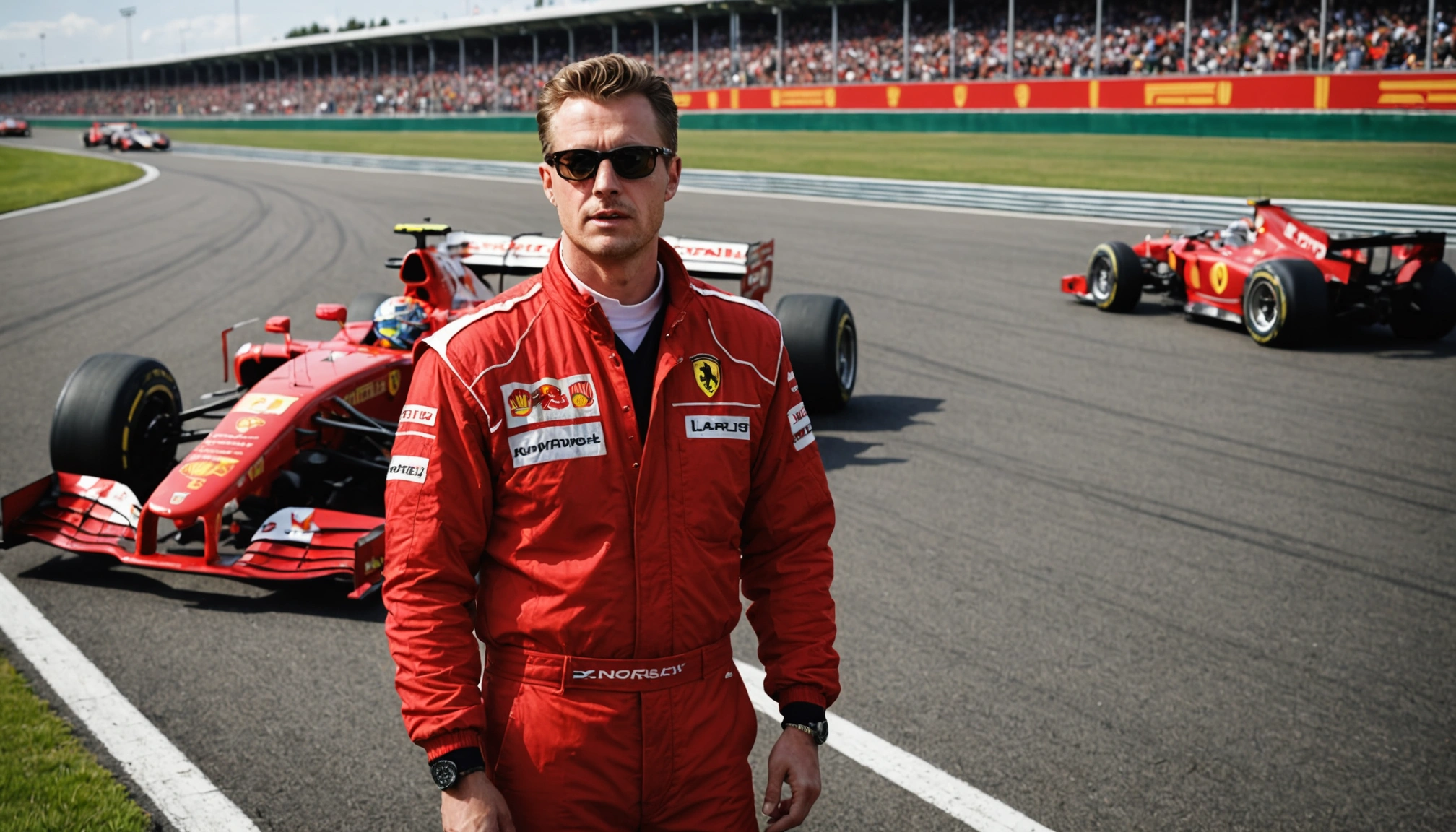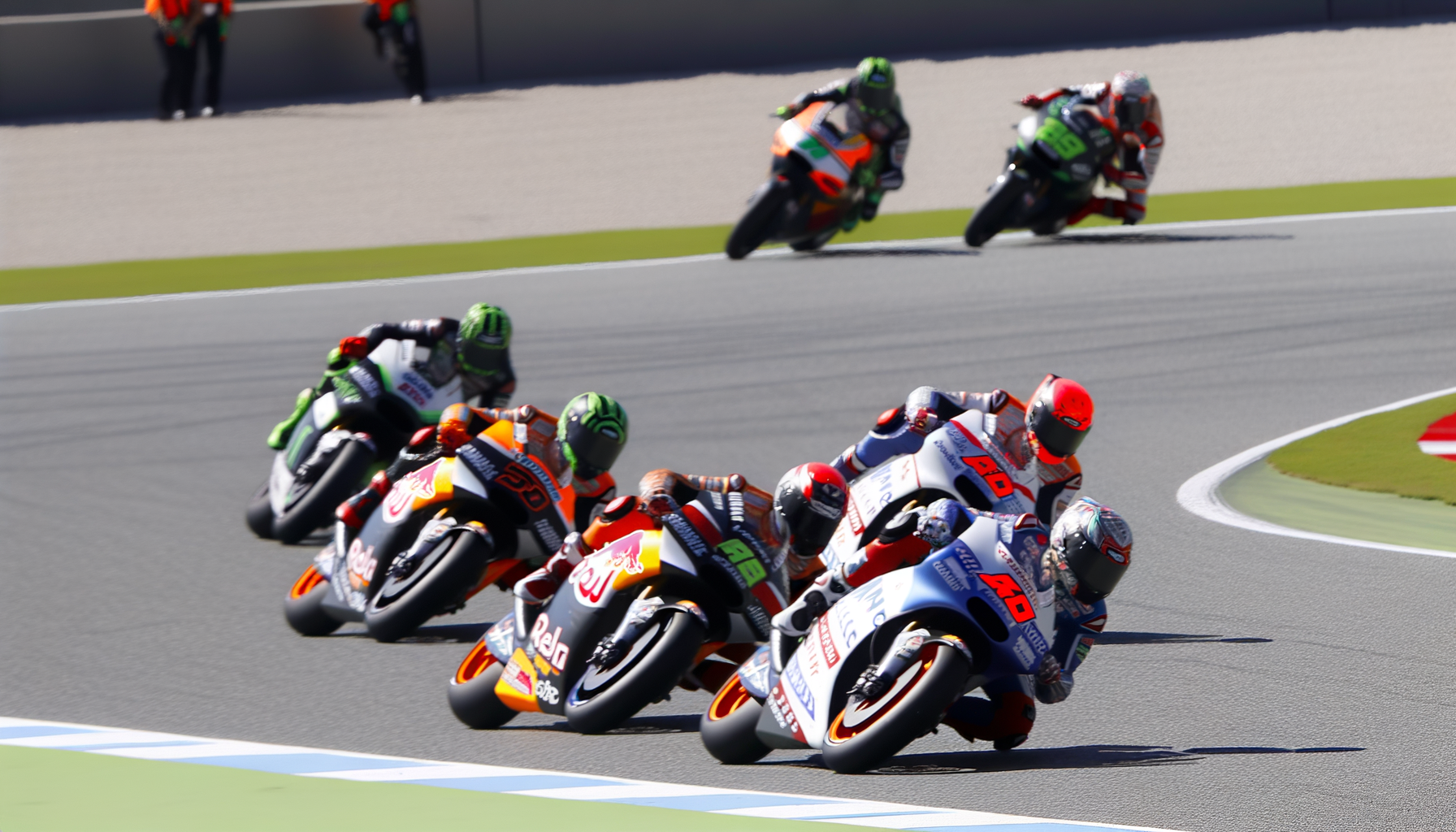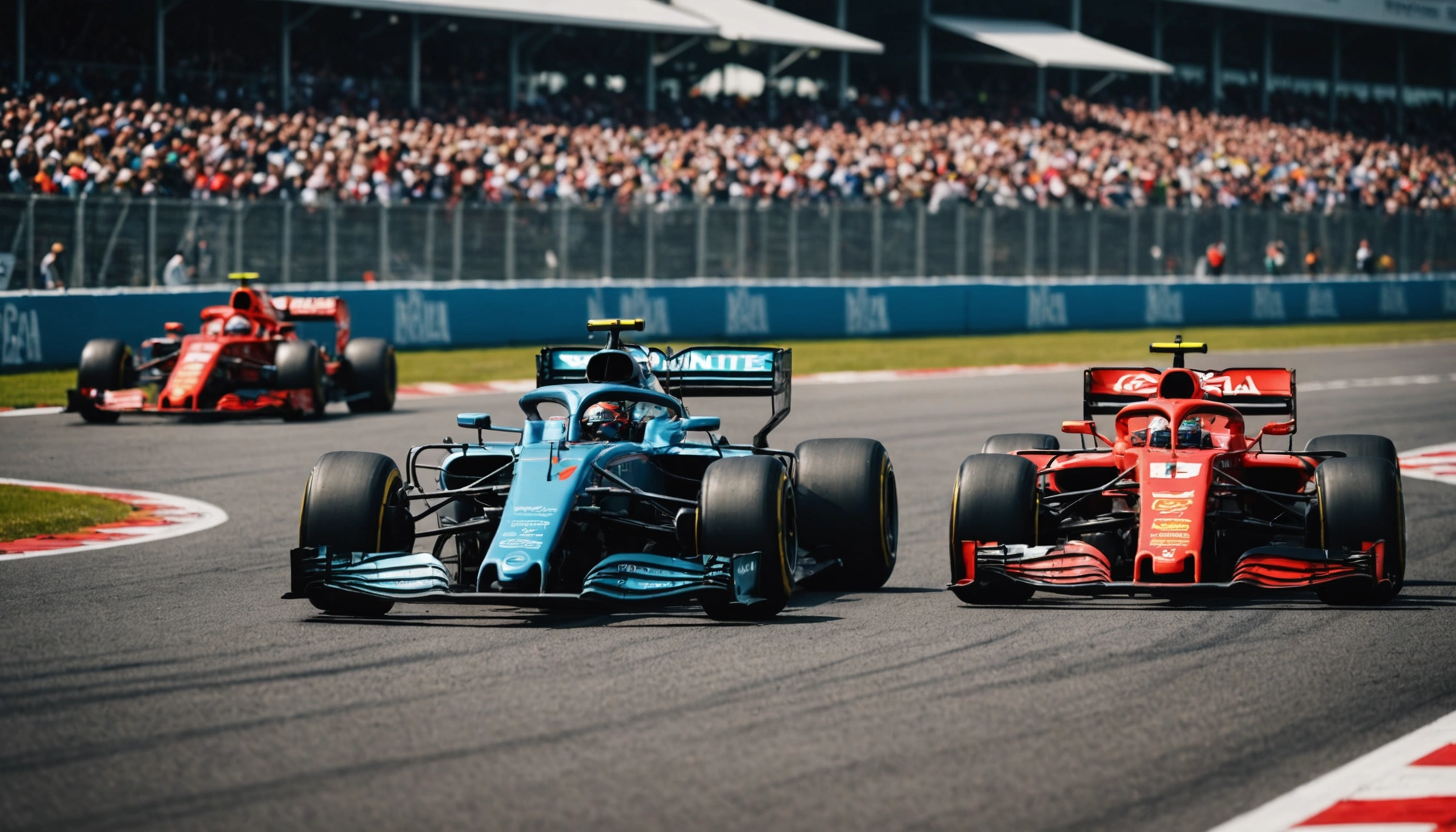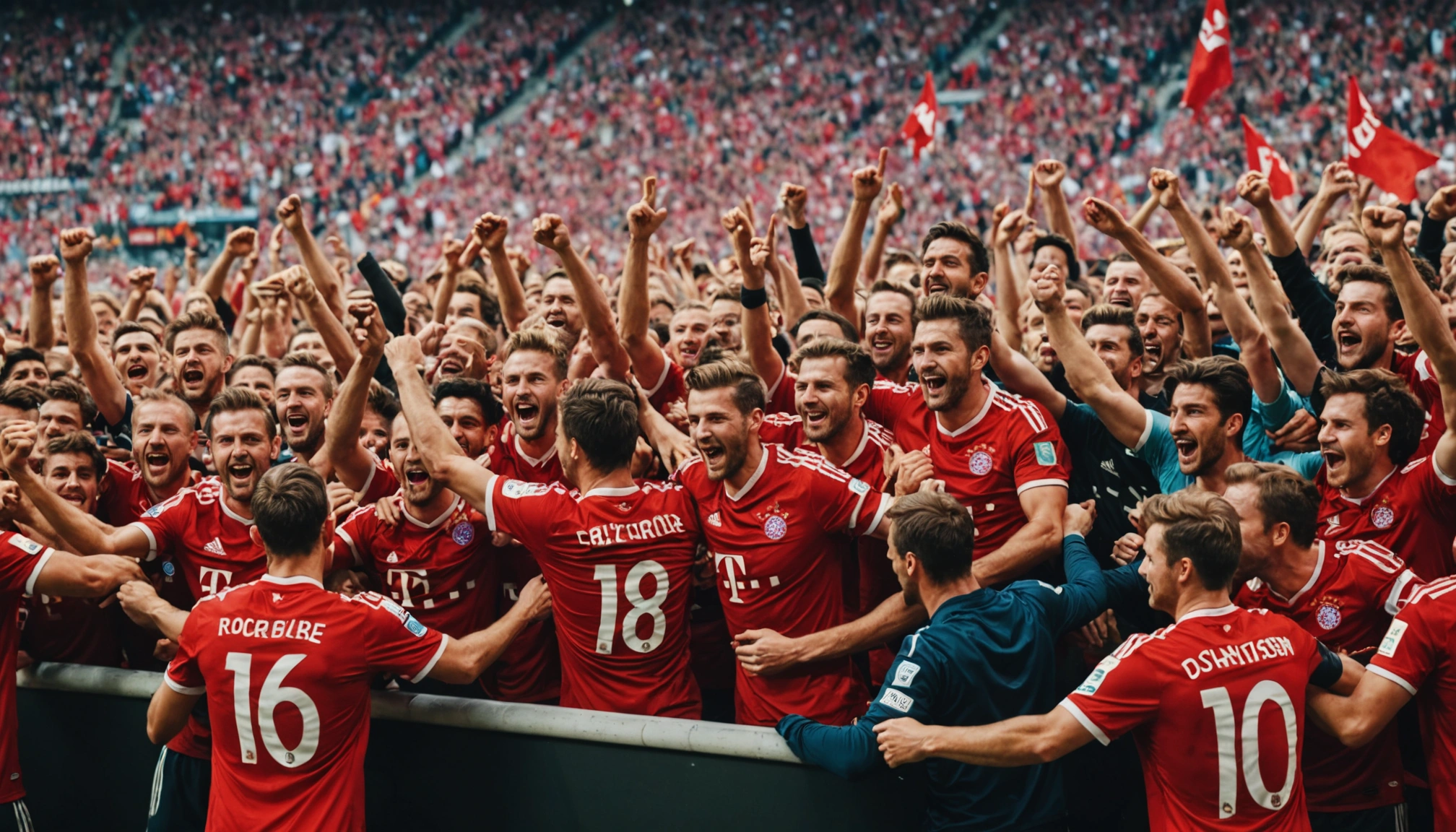James Vowles Explains Delay In Carlos Sainz Penalty Review
James Vowles reveals reasons behind the delay in Carlos Sainz's penalty review during the F1 race, shedding light on procedural complexities and team strategies.

By Editorial
Introduction To The Sainz Penalty Review Delay
In the high-stakes world of Formula 1, every second counts, especially when it comes to penalties that can drastically alter race outcomes. Recently, James Vowles, the renowned F1 strategist, provided an insightful explanation for the unexpected delay in reviewing Carlos Sainz's penalty. This incident has sparked discussions among fans and analysts alike, highlighting the intricate processes behind race adjudications.
Understanding The Context Of The Penalty
Carlos Sainz, driving for Ferrari, found himself under scrutiny following an on-track incident that warranted a potential penalty. The delay in the penalty review was not merely procedural but involved multiple layers of communication and decision-making between the race control, teams, and the FIA stewards. Vowles emphasised that such delays, while frustrating for fans, are often necessary to ensure fairness and accuracy in rulings.
The Importance Of Accurate Penalty Decisions
In Formula 1, penalties can range from time additions to grid drops, significantly impacting a driver's championship prospects. An incorrect or rushed decision can unfairly penalise a driver or team, hence the need for thorough review. Vowles highlighted that the review process must consider video evidence, telemetry data, and team inputs before finalising a penalty.
James Vowles' Perspective On The Delay
James Vowles, with his extensive experience as a former Mercedes F1 strategist, offered a behind-the-scenes look at the review delay. He explained that the team requested a right of review, which is a formal appeal mechanism allowing teams to seek clarification or contest decisions. This procedural step inherently extends the review time as stewards reassess evidence and deliberate further.
How The Right Of Review Works In F1
The right of review is an essential part of the sport's regulatory framework, ensuring transparency and fairness. When a team invokes this right, stewards must re-examine all relevant data, interview involved parties, and sometimes consult with race directors. Vowles noted that this process, while time-consuming, protects the integrity of competition.
Impact Of The Delay On The Race And Teams
The delay in reviewing Sainz's penalty had immediate consequences for team strategies and race dynamics. Teams must adapt their tactics based on pending penalties, which can influence pit stop timings and tyre choices. Ferrari, in particular, had to manage uncertainty around Sainz’s position, affecting real-time decisions.
This situation is reminiscent of other sports where video assistant referees or review systems cause pauses but ultimately aim to get calls right. For fans keen on uninterrupted action, these moments can be tense but underline the sport’s commitment to justice.
Broader Implications For Formula 1 Governance
Vowles' explanation sheds light on the evolving nature of Formula 1 governance, where technology and regulations intertwine. The sport continuously adapts its rules to keep pace with technical advancements and competitive fairness. Effective communication between teams, stewards, and race control remains critical.
For those interested in the wider sporting context, it's fascinating to compare how various sports handle in-game reviews. For example, cricket’s review systems have evolved to balance speed and accuracy, much like F1’s approach.
Case Studies Of Similar Penalty Reviews
Looking back at previous seasons, there have been notable instances where penalty review delays changed the course of championships. The 2021 British GP, for instance, saw a controversial penalty for Lewis Hamilton after a collision, where extensive review delayed the final verdict but was crucial for fairness.
Similarly, Sainz’s case reflects how modern F1 combines data analytics and human judgement, demanding patience from teams and spectators. These examples emphasise the sport’s complexity and the importance of clear, consistent adjudication.
Conclusion And Key Takeaways
James Vowles’ explanation of the delay in Carlos Sainz's penalty review provides valuable insight into the complexities behind F1 adjudications. The right of review, while causing delays, is vital for ensuring fairness and accuracy in a sport where decisions have huge ramifications.
For fans and followers of motorsport, understanding these processes enhances appreciation of the strategic and regulatory layers beyond the racing spectacle. As Formula 1 continues to evolve, transparency and communication will remain central to its integrity.
To stay updated on thrilling sporting moments and in-depth analyses, explore our coverage of Molly McCann’s rise and British boxing or dive into the latest Premier League scores and fixtures.
Related topics
Editorial
Sports expert at SportsScoop
Specialist in sports analysis and journalism
Related articles
Want to read more?
Explore our comprehensive collection of sports articles and analysis, or contact us for more information.



